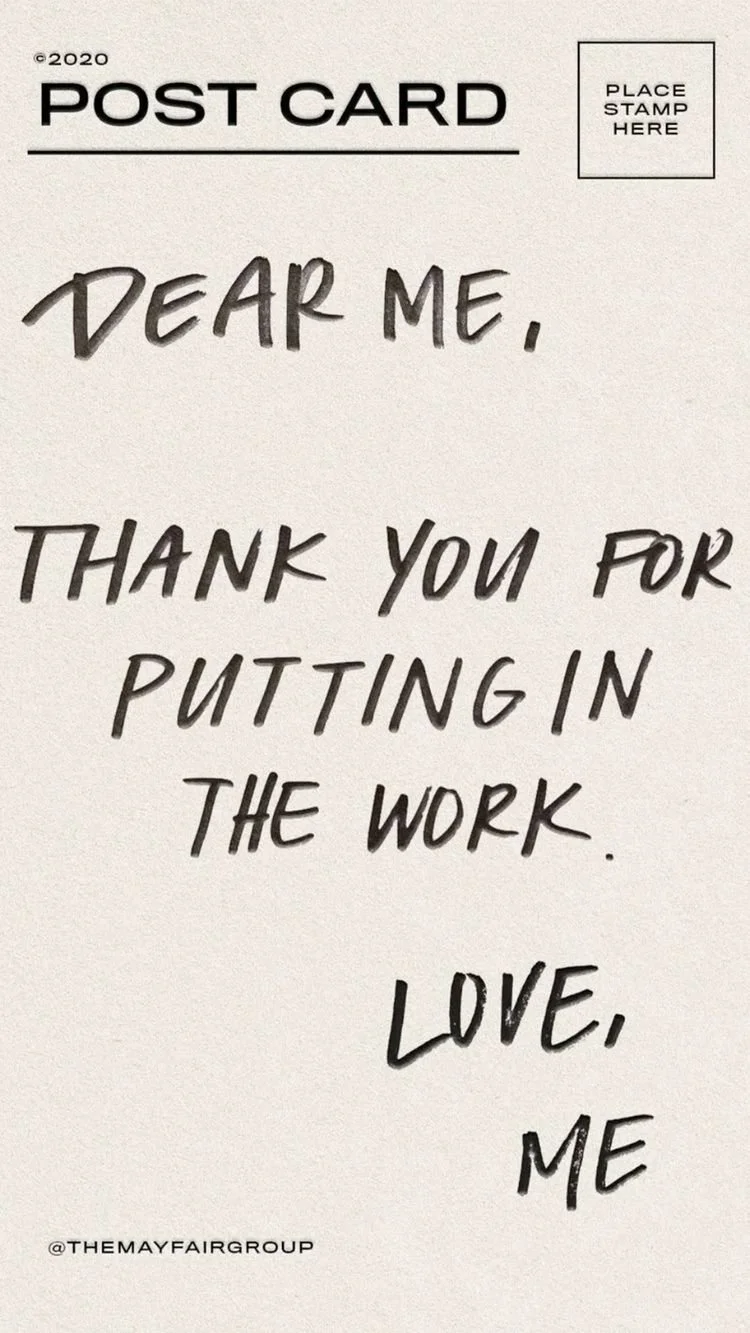In today's fast-paced digital landscape, mobile devices have become ubiquitous, shaping the way that consumers interact with brands and consume content. As smartphones and tablets continue to dominate our daily lives, businesses must adapt their marketing strategies to effectively engage with on-the-go consumers.
Mastering mobile marketing is essential for staying relevant and competitive in an increasingly mobile-centric world. This guide explores key strategies and tactics for marketers to effectively engage today's on-the-go consumers through mobile marketing initiatives.
Understanding the Mobile Consumer Landscape
Mobile devices have revolutionized consumer behavior, granting people unprecedented access to information, purchasing capabilities, and brand interactions on the go. Crafting effective mobile marketing strategies necessitates a deep understanding of the mobile consumer landscape. This section explores key characteristics and preferences of mobile consumers, shedding light on various aspects.
No. 1
Mobile Usage Patterns
Delving into the intricate nuances of how consumers utilize their mobile devices throughout the day is crucial.
Analyzing browsing habits, app usage trends, and shopping behavior offers valuable insights into consumer preferences and tendencies in the mobile realm. Understanding these usage patterns enables marketers to tailor their mobile marketing efforts effectively, ensuring that messages resonate with users at opportune moments.
They can also Enhance enterprise management metrics through continued assessment of important KPIs, such as customer acquisition rates, which would allow a company to accurately gauge whether their marketing campaigns are effective. Monitoring usage patterns allows corresponding data to be mapped, indicating prime demographics, times, or types of apps that are most beneficial to marketers.
No. 2
Location-Based Marketing
Location-based services and geotargeting have emerged as powerful tools for delivering personalized, contextually relevant messages to consumers based on their physical whereabouts.
Leveraging location data allows marketers to target consumers with hyper-localized offers, promotions, and notifications, thereby enhancing engagement and driving conversions. By harnessing the power of location-based marketing, brands can establish meaningful connections with consumers in real-time, fostering deeper levels of engagement and loyalty.
No. 3
Mobile Search Behavior
Mobile search engines play a pivotal role in the consumer's journey, serving as a gateway to discovering products, services, and local businesses.
Understanding how consumers interact with mobile search engines, including their search queries, preferences, and intent, is essential for optimizing visibility and driving traffic.By aligning mobile SEO strategies with consumer search behavior, marketers like Click Intelligence can enhance a brand's discoverability and relevance in mobile search results, ultimately driving organic traffic and conversions.
No. 4
App Engagement
Mobile apps have become integral to the consumer experience, offering convenience, personalization, and enhanced functionality.
Exploring the role of mobile apps in consumer engagement and loyalty unveils opportunities for brands to cultivate deeper relationships with their audience. Strategies for driving app downloads, optimizing user experience, and fostering retention are paramount for maximizing app engagement and achieving long-term success in the mobile space.
No. 5
Mobile Commerce Trends
The proliferation of mobile commerce (m-commerce) has transformed the way that consumers shop, ushering in a new era of convenience and accessibility.
Examining emerging trends in mobile commerce and understanding consumer preferences in the mobile shopping experience is essential for brands seeking to capitalize on this burgeoning market. Strategies for optimizing mobile websites, streamlining checkout processes, and leveraging mobile payment solutions can significantly enhance the mobile shopping experience, driving conversions and fostering customer loyalty.
Crafting a Mobile-First Marketing Strategy
In the ever-evolving landscape of digital marketing, adopting a mobile-first mindset is paramount for effectively engaging today's on-the-go consumers. This section elucidates key components of a robust mobile-first marketing strategy, underscoring the importance of optimizing marketing efforts for mobile devices.
No. 1
Responsive Web Design
An indispensable aspect of a mobile-first approach is ensuring that websites are designed responsively to accommodate various screen sizes and resolutions.
Responsive web design principles enable seamless navigation and optimal user experience across desktops, tablets, and smartphones. By prioritizing responsive design, businesses can cater to the diverse preferences and browsing habits of mobile consumers, enhancing accessibility and engagement.
No. 2
Mobile-Friendly Content
Crafting mobile-friendly content is imperative for capturing and retaining the attention of mobile users.
This entails creating concise, easily digestible content tailored to the constraints of small screens. Clear calls-to-action, streamlined navigation, and mobile-optimized images and videos are essential elements of mobile-friendly content that facilitate seamless interaction and encourage user engagement.
No. 3
SMS Marketing
SMS (Short Message Service) marketing presents a direct and effective channel for reaching consumers on their mobile devices.
Leveraging SMS marketing as part of the communication platform enables businesses to deliver targeted promotions, alerts, and reminders directly to consumers' mobile phones, fostering real-time engagement and driving conversions. By capitalizing on the immediacy and ubiquity of SMS communication, businesses can establish direct lines of communication with their audience and deliver personalized messages that resonate.
No. 4
Mobile Advertising
Embracing mobile advertising is pivotal for effectively reaching and engaging mobile audiences.
Various mobile advertising formats, including display ads, native ads, and in-app ads, offer diverse opportunities for capturing consumers' attention and driving conversions. By deploying strategic mobile advertising campaigns, businesses can enhance brand visibility, drive traffic, and generate leads among mobile users, thereby maximizing their marketing ROI.
No. 5
Social Media Marketing
Social media platforms serve as pivotal touchpoints for engaging mobile audiences and driving brand awareness.
Tailoring social media marketing efforts to cater to mobile users involves optimizing content for mobile viewing, leveraging mobile-friendly ad formats, and actively engaging with consumers on mobile platforms. By aligning social media strategies with mobile consumption habits, businesses can foster meaningful interactions, build brand loyalty, and cultivate a loyal community of mobile followers.
Engaging Consumers with Mobile Apps
Mobile apps serve as an indispensable component of a comprehensive mobile marketing strategy, offering unparalleled opportunities for engaging with consumers and fostering brand loyalty. This section delves into effective strategies for leveraging mobile apps to drive engagement and maximize brand impact.
No. 1
Developing a Branded Mobile App
Creating a branded mobile app provides a unique avenue for delivering value to consumers while reinforcing brand loyalty.
By offering exclusive content, rewards, or utilities through the app, businesses can incentivize downloads and foster ongoing engagement with their brand.
No. 2
App Store Optimization (ASO)
App Store Optimization (ASO) is critical for enhancing app visibility and driving downloads.
Optimizing app store listings with relevant keywords, compelling visuals, and positive reviews increases the likelihood of app discovery and encourages users to download and engage with the app.
No. 3
Push Notifications
Push notifications are an effective tool for engaging app users in real-time and driving ongoing interaction.
By delivering personalized messages, updates, and promotions directly to users' devices, businesses can maintain constant communication, encourage app usage, and drive retention.
No. 4
In-App Advertising
Monetizing mobile apps through in-app advertising offers a lucrative revenue stream while ensuring a positive user experience.
Incorporating various ad formats such as banner ads, interstitial ads, and rewarded video ads enables businesses to generate revenue while providing value to users.
No. 5
App Analytics
Leveraging app analytics tools is essential for gaining insights into user behavior, measuring app performance, and optimizing marketing efforts.
By tracking key metrics such as app downloads, user engagement, and retention rates, businesses can identify areas for improvement and refine their mobile marketing strategies for maximum impact.
Measuring Success and Optimizing Campaigns
Measurement and optimization are critical components of any mobile marketing strategy.
The key performance indicators (KPIs) and strategies for measuring success and optimizing mobile marketing campaigns include:
Mobile Traffic and Conversions - Tracking metrics such as mobile traffic, bounce rates, and conversion rates to assess the effectiveness of mobile marketing initiatives and identify areas for improvement.
App Engagement and Retention - Monitoring app engagement metrics such as session duration, frequency of use, and retention rates to gauge app performance and user satisfaction.
Return on Investment (ROI) - Calculating the ROI of mobile marketing campaigns by measuring the revenue generated from mobile channels against the cost of acquisition and campaign expenses.
A/B Testing - Conducting A/B tests to compare different variations of mobile marketing assets, such as ad creatives, landing pages, and messaging, and identifying which performs best.
Continuous Optimization - Iterating and optimizing mobile marketing campaigns based on data insights and performance metrics to improve results over time and maximize ROI.
Takeaways
In conclusion, mastering mobile marketing is essential for businesses seeking to engage today's on-the-go consumers and stay competitive in the digital age. By understanding the mobile consumer landscape, adopting a mobile-first mindset, leveraging mobile apps, and measuring success, businesses can create effective mobile marketing strategies that drive engagement, foster brand loyalty, and achieve measurable results. Embracing mobile marketing isn’t just an option, it's a necessity for success in today's mobile-centric world.












































































































